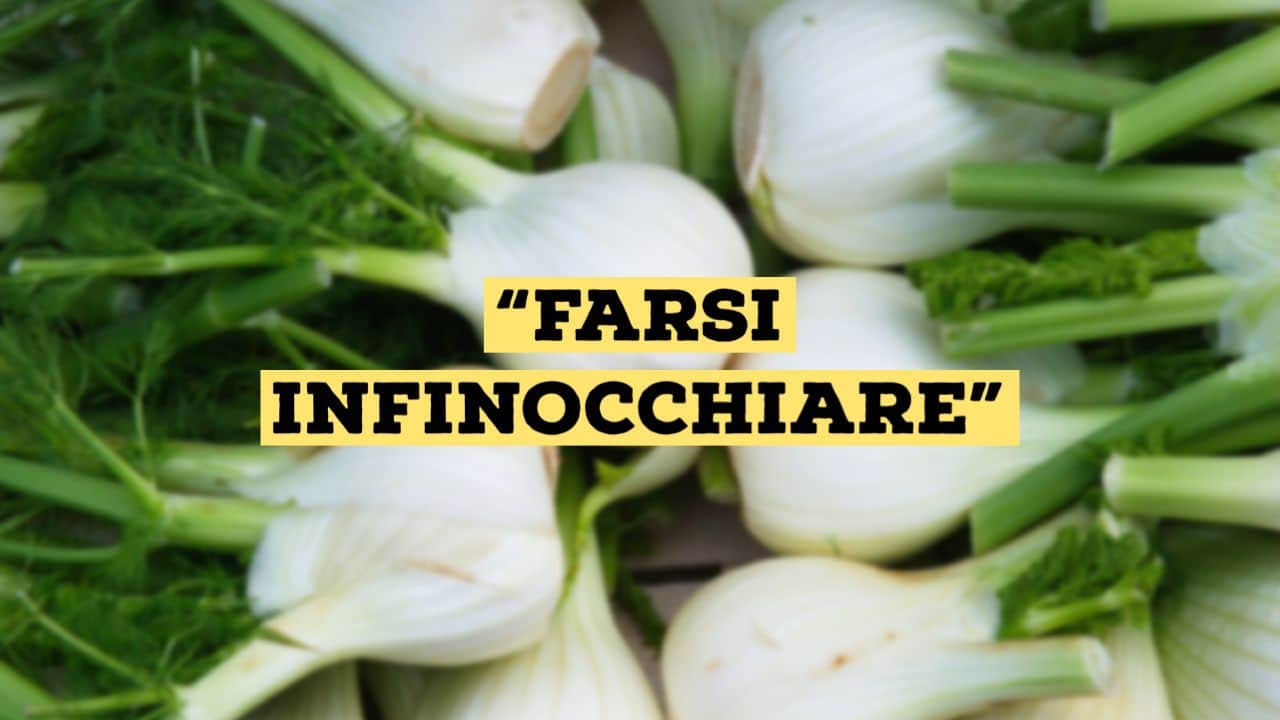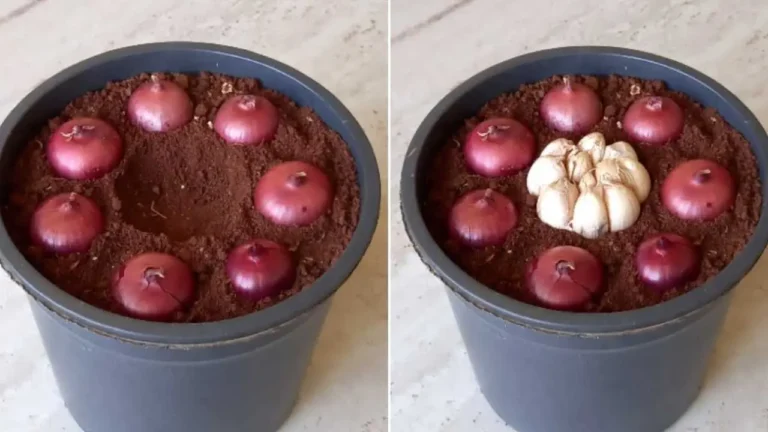Why do we say when we risk being cheated that we get fooled? Here’s why
Among the many Italian idioms there is also ‘farsi infinocchiare’, used to indicate being cheated on: where does it come from?Fennel – Imilanesi.Nanopress.it
The Italian language is also rich in many expressions , which are often used on certain occasions. And which have now become part of everyday speech. Very often these expressions originate in very specific places, but with the passage of time they spread at a regional level and then also throughout the country. These are phrases whose meaning should not be taken literally , but in a figurative sense. Just think of one of the most common expressions, namely “togliersi dai piedi”: in this case, in fact, we are telling the other person to go away and not to move out of our way.
Getting fooled, why do they say that? The story of the famous saying
Idioms, also known as idiomatic expressions, enrich the speech and give even more value to what we say. Obviously we must know how to use them, otherwise we risk only not being able to make ourselves understood.Why do we say to be fooled – Imilanesi.Nanopress.it
As mentioned, the Italian language includes many idioms, such as “Piove sul bagna” (It rains on the wet), “Chiodo scaccia chiodo” (A nail drives out a nail), “Don’t mince your words” (Don’t mince your words) and many others.
Another widely used saying is undoubtedly that of being ‘fooled’ . It will have happened to us too to hear at least once “You’ve been fooled”, or “Don’t be fooled” and so on.
This saying is used to warn the other person of a possible scam against them , or to let them know that they have already been ‘ripped off’ and there is no more time to fix things. Where does this saying come from?
The birthplace of the saying “Non farsi infinocchiare” is the ancient Roman tavern. It is essentially a very clever move put in place by the innkeepers as soon as they realized that their wine was starting to lose its flavor and increasingly resemble vinegar.
The solution thought up by the innkeepers to continue to offer wine to their customers consisted of serving raw fennel before the wine. Why this choice? The reason is easy to explain.
‘Farsi infinocchiare’, the saying originates in Roman taverns
Fennel, in fact, is rich in aromatic substances that have the effect of ‘anesthetizing’ the mucous membranes of the tongue. To be more precise, the intense aroma of raw fennel did not allow customers to realize that the wine was now tending towards vinegar.Ancient Roman tavern – Imilanesi.Nanopress.it
With this trick, the innkeepers of ancient Roman taverns could continue to serve wine without their customers realizing that it was no longer good.
As mentioned, at first the saying ‘farsi infinocchiare’ only concerned the customer defrauded by the innkeeper. Over time this saying has become more and more popular and has become part of common parlance to highlight any fraudulent situation.
Much of the credit goes to Alessandro Manzoni , who included the saying in his masterpiece The Betrothed, allowing the saying to rightfully become part of the Italian vocabulary.





